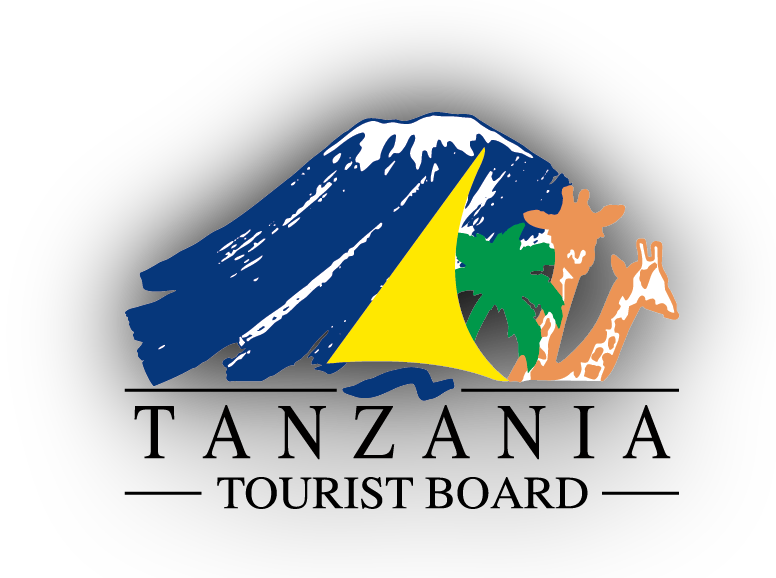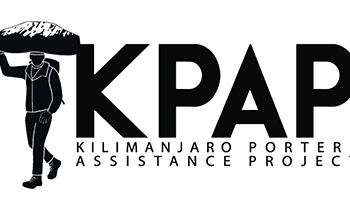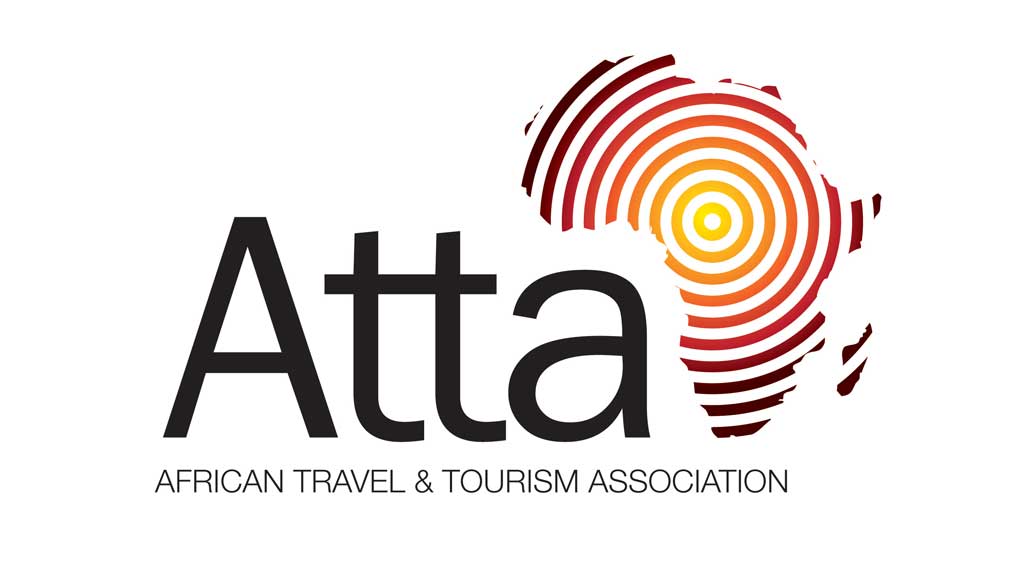Duration









$940 / Per Person
Duration
Activities
Group size
Location
Mount Meru is approximately 4615 meters above sea level. It does provide a climb that is spectacular. Actually this mountain is steeper than most of Kilimanjaro. Meru was at one time, taller than Kilimanjaro until it blew its top some 250 thousand years ago. This huge explosion left behind a huge caldera with a jagged rim. The walks are through forest and woodlands that offer an immense variety of wildlife such as monkeys, elephants, buffalo, giraffe and warthog.
Mt. Meru is the second highest mountain in Tanzania and the fourth highest in Africa. It is located inside of Arusha National Park, a short distance from Moshi. A Meru climb is usually done with either a 3 or 4 day itinerary. It is popular as an acclimatization climb before Mt Kilimanjaro expedition or for those who do not have enough days to dedicate for a Kilimanjaro climb. It is a great experience on its own merit and offers some spectacular views.
Porterage
Rescue fee
Park fees (for non-residents)
All activities (unless labeled as optional)
All accommodation (unless listed as upgrade)
Camping equipment (sleeping bag excluded)
A professional driver/guide
All transportation (unless labeled as optional)
All Taxes/VAT
Meals (as specified in the day-by-day section)
Flights
Items of a personal nature
Tips to mountain crew
Laundry Services
Insurance
Soon after breakfast we leave to drive to the start of our route on Mt. Meru. This takes approximately 2 hours from Moshi and travels through farmland and small communities on the edge of Arusha National Park. As we travel to the foot of the mountain there is a lot to see – examples of the local way of life, the alkaline lakes which are home to flamingoes and other water birds inside the park, and even giraffe near the road grazing. We arrive at the Momella park gate (1500m) and register while our porters sort their loads. We then enter the park with a National Park ranger who accompanies us throughout our time on the mountain and cross a small plain that is home to game including zebra, giraffe and elephant. Climbing gradually we enter the rainforest and can look out for bushbuck (a small antelope) and Colobus monkeys among the large cedar trees and glades of the forest. The relatively few trekkers on the mountain mean the camps are not overcrowded and we will perhaps not even encounter other groups during our trek. After around 4 hours walking, we arrive at Miriakamba Hut, with an elevation of roughly 2500 meters above sea level. From here, there are views of the lakes in the National Park. While on Mt. Meru, we stay in large wooden huts divided into small dormitories that are relatively comfortable.
The path through the rainforest is steeper today and we should have views of Kilimanjaro roughly 50km away to the northeast. Hanging vines, many large trees, ferns and streams provide a rich habitat for plants and animals in this part of the National Park where we possibly can see monkeys, birdlife and may even spot leopard. Our camp for tonight is Saddle Hut at 3570 meters. This is between Little Meru and Rhino Point on Mt. Meru, reaching this after 4-5 hours walking. From Saddle Hut, we have the option to climb Little Meru, which is a 2 hour return trip, taking us to 3821 meters, and is very useful for further acclimatizing. We have time to get our kit ready for the summit tomorrow and have an early dinner, before getting to bed to be ready for the climb’s early start tonight.
We wake up around 1 am, preparing to leave the hut by 2 am. We start walking by the light of our head torches towards Rhino Point and the crater rim. We then follow the crater rim to the 4566 meter summit and enjoy the spectacular silhouetted views of Kilimanjaro as the sun rises over the plains of Africa, including the pyramid shadow cast by Mt. Meru behind us. The flag of Tanzania is fixed at the top of Mt Meru, also known as Socialist Peak since the country’s independence, and there is a summit register kept in a metal box to sign before leaving. The true, dramatic nature of Mt. Meru can be seen on the way down now the sun has risen; the crater rim is shaped like a horseshoe since the opposite wall collapsed leaving cliffs of 1500 meters. These are some of the biggest in Africa and from the top of them on the crater rim we can see the ash cone below, which is a perfectly formed reminder of past volcanic eruptions that is quite spectacular to see. We follow the rim back to Rhino Point with views of Little Meru then back to Saddle Hut for food and to pack before heading down to Miriakamba Hut. On a four day itinerary, the overnight is spent here at Miriakamba Hut. On the three day itinerary, we stop the hut for a short break before continuing to the national park gate. After collecting our certificates for climbing to the summit, we head back to our hotel for a well-deserved hot shower and rest. This is a long day with a total walking time of 12-14 hours.
After breakfast we take a few hours to continue down to the national park gate where our vehicle will be waiting to transport you back to your hotel.